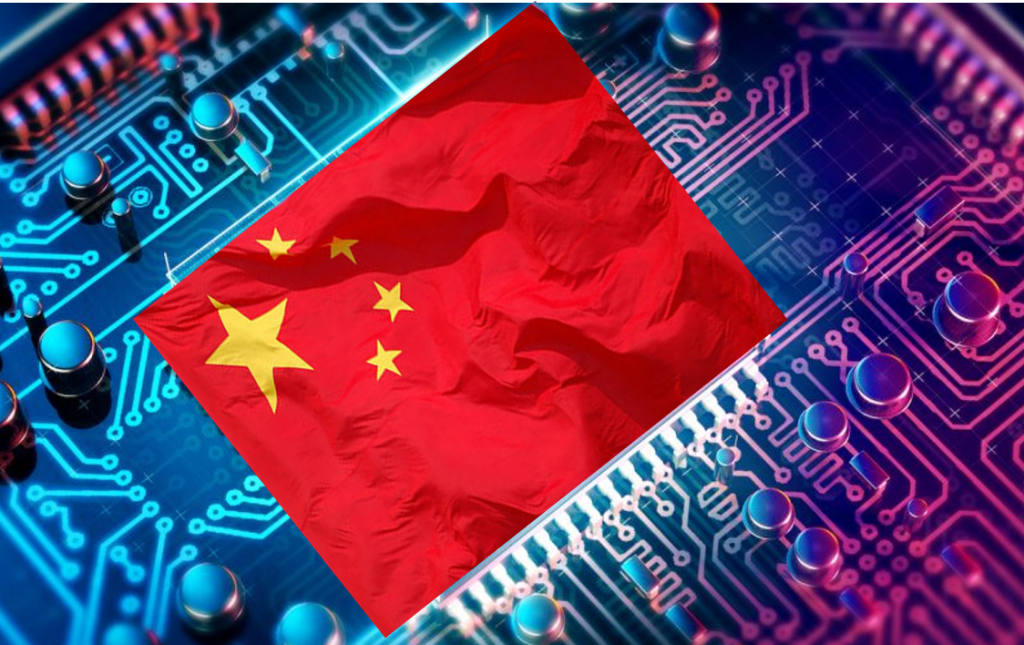China About-Faces on Digital Assets, Ushering in Widespread Government Acceptance

Changing Sentiment Opens New Development Options
Over the past few years, China has not been as accepting of digital assets as its neighbors; the pseudonymous nature has long been a sticking point and prevented official government endorsement. The Chinese leadership has recently pivoted to accept blockchain technology, finding the underlying technology sound enough to lead to a swift thawing of sentiment and a desire to implement it into several government processes.
China’s Changing Stances on Blockchain
On October 25th, President Xi Jinping spoke extremely positive of blockchain technology and how it fits into China’s direction moving forward, stating, “It is necessary to strengthen basic research, enhance the original innovation ability, and strive to let China take the leading position in the emerging field of blockchain, occupy the commanding heights of innovation, and gain new industrial advantages. It is necessary to promote collaborative research, accelerate the breakthrough of core technologies, and provide safe and controllable technical support for the development of blockchain applications.“ President Xi went on to describe several economic pain points that blockchain could potentially solve in an overwhelmingly supportive speech. Although it appears to be the first time that he has spoken at length on digital asset topics, it was unusually direct, forthcoming, and positive for a politician, even in the context of SEA which is highly steeped in their applications.
President Xi’s speech caused tech stocks to rally, driving the prices of almost 200 blockchain-involved companies up 8% the following Monday on October 28th. The price of Bitcoin followed suit, briefly passing $10,000 the following weekend. These companies were then called upon by the Chinese government to better explain their business offerings and asked to keep statements factual to properly handle investor expectations and to keep hype at a manageable level. The government additionally cautioned against speculative currency trading, stating that it does not represent blockchain innovation, preferring to focus on concrete initiatives and developments.
Although the purchase of digital assets was banned in 2017 by the People’s Bank of China, the central bank has gone on record stating that if Facebook’s Libra does not gain the traction that it needs, the acceptance of stablecoins is inevitable. Changchuan Mu, the director of China’s Research Institute on Digital Currency, stated in September 2017 that despite strict regulations preventing the purchase of digital assets in China, citizens currently use backchannels such as VPNs to purchase them via foreign exchanges. It seems that the government has realized that the purchase of assets cannot be stopped on the level that they would have hoped, and it makes more sense to learn about them and implement them in a manner they can control.
The general thrust of China’s sentiment shows that they are extremely bullish on blockchain specifically, even mentioning how it could be used to make a permanent statement of party loyalty. It also appears that their previously chilly attitude towards assets themselves is thawing, and in time they will be able to reconcile their domestic fiscal policies with the emerging technology,
Chinese Government-endorsed Applications of Blockchain
Keeping in line with their earlier statements, the Bank of China rolled out an implementation of blockchain earlier this week to increase efficiency in insurance claims. Customer policies will be uploaded to a distributed ledger which can then be easily accessed as part of the claims process. It is known that a neutral, immutable source for all documentation will prove to be extremely beneficial to the process, which will use Hyperledger Fabric to drive it. This development has been in testing for some time, as nearly 4 million policies had been added to the system since September. Insurance is a swiftly growing industry in China, having grown 20% over the last ten years. Although only 8% of the Chinese population has life insurance, the country’s sheer size makes it the second-largest insurance market worldwide.
China also plans to launch its own answer to Libra with what has been described as a “digital yuan”, an asset that can be traded across two phones in physical contact without the need for an Internet connection. Although it has yet to launch, the Chinese central bank has stated several times that it is close to completion. They have additionally stated that it is motivated in part to “protect China’s monetary sovereignty.” Cash payments are quickly being outstripped by electronic transactions in China, and mobile apps currently handle trillions of dollars every quarter in fiat payments. In particular, the central bank is concerned about assets being developed by companies such as Alibaba, advising that money could go unaccounted for should the company go out of business. They maintain that placing the reins in the government’s hands as opposed to a private company would ensure its longevity.
The state-backed currency will be initially issued to seven organizations, including the Bank of China, Alibaba, Tencent, Union Pay, the Industrial and Commercial Bank of China, the Agricultural Bank of China, and China Construction Bank. These institutions will then be responsible for then dispersing the asset to the Chinese population, although the government will maintain official control over it. An official speaking on condition of anonymity stated that the project has been ready for over a year and could potentially launch on November 11, the busiest shopping day in the Chinese economy.
Conclusion
Although the change in sentiment seems sudden, it must be noted that China’s national currency has been in development for some time and simply kept under strict wraps until the time was right to announce it. This represents a part of a carefully thought out, longer-term plan to shift towards blockchain as an option for the government, and any contribution that China makes will be a welcome addition to the further digital asset ecosystem.
If you have questions about our fund or would like to be sent investor documents, you can contact our investor relations department at [email protected].

